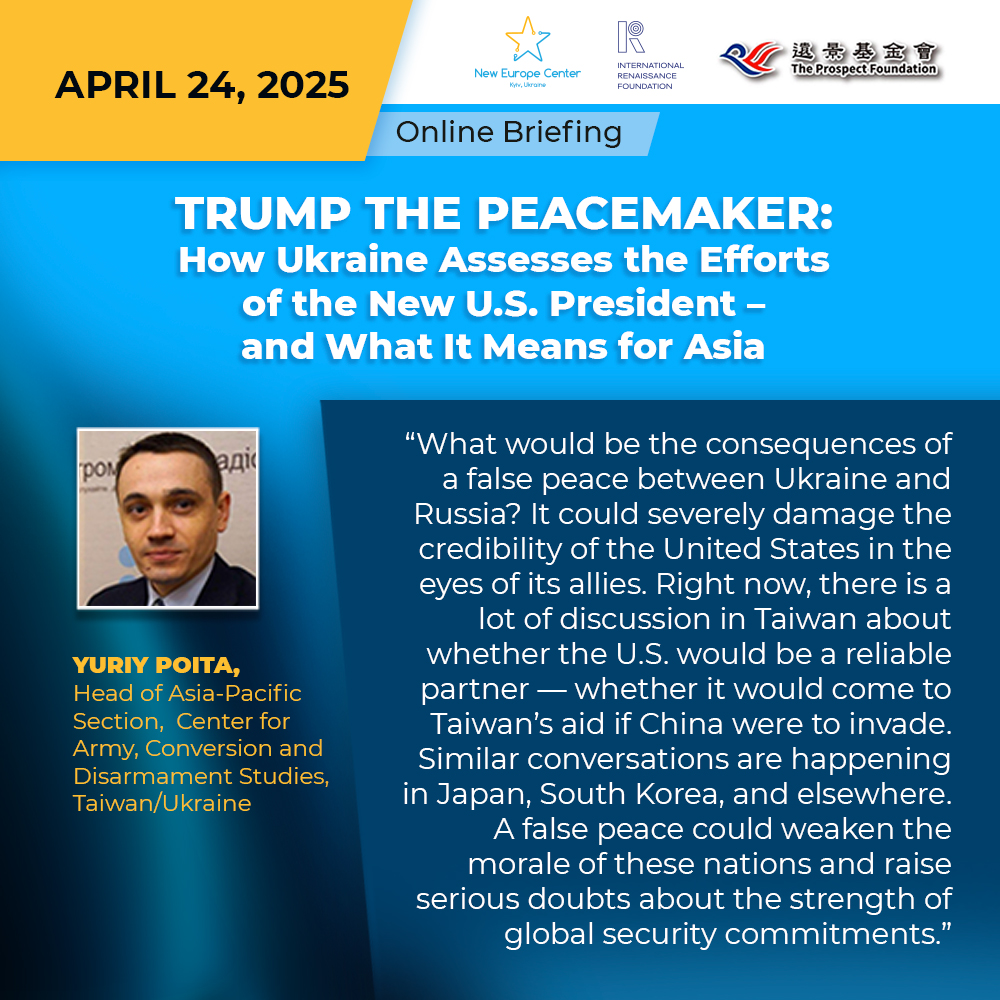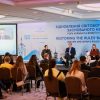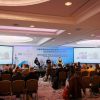
Yuriy Poita, Head of Asia-Pacific Section, Center for Army, Conversion and Disarmament Studies, Taiwan/Ukraine, during the online briefing “Trump the Peacemaker: How Ukraine Assesses the Efforts of the New U.S. President – and What It Means for Asia” warns that a false peace between Ukraine and Russia could undermine allies’ trust in the United States and raise serious doubts about the reliability of global security commitments, particularly in Asia.
Please, find below the key messages the expert presented to opinion leaders from Asian countries:
I want to talk about the concept of a so-called false peace, and I’d like to structure it a bit. First of all, one of the elements of this false peace is that it would be inherently unstable. This means the ceasefire would be repeatedly violated by Russia. Secondly, there would be no system of deterrence – no security guarantees for Ukraine. This would leave no leverage over Russia to reduce its military capacity, limit its offensive capabilities, or prevent further invasions of Ukraine or even other parts of Europe.
A second characteristic of such a peace is that it would be fundamentally unfair. It would undermine international norms, the United Nations Charter, and the principle of territorial sovereignty. Moreover, it would strengthen a so-called transactional approach, in which long-term values and principles are sacrificed for short-term gains – financial or otherwise.
We are observing a tendency to replace truth with lies – changing the narratives and then shifting responsibility from Russia to Ukraine, especially at the very highest level of United States leadership. This is also another characteristic of a false peace. It could lead to many different consequences.
The first one is that Russia would increasingly rely on support and weapons from North Korea, which is currently providing up to 50% of Russian artillery ammunition. Additionally, Russia would require substantial technological support from China, which would mean further sharing of Russian military technology with other countries.
The second set of consequences concerns another aspect: it would influence China’s decision-making process. China might come to believe that the United States is no longer a trustworthy partner to its allies: Washington is dramatically shifting its policies, abandoning its partners, and is unwilling to protect them.
This perception among the Chinese leadership could grow significantly. We are all familiar with the Chinese narrative that “the West is declining and the East is rising.” The current weakness of the United States and the situation in Ukraine could only reinforce this idea. As a result, it could also undermine deterrence and make the Chinese leadership more willing to use force.
What would be the consequences of a false peace between Ukraine and Russia? It could severely damage the credibility of the United States in the eyes of its allies. Right now, there is a lot of discussion in Taiwan about whether the U.S. would be a reliable partner – whether it would come to Taiwan’s aid if China were to invade. Similar conversations are happening in Japan, South Korea, and elsewhere. A false peace could weaken the morale of these nations and raise serious doubts about the strength of global security commitments.
I want to emphasize that Ukraine is not only asking for support from its partners, including those in Asia – Ukraine is also ready to contribute to their defense. After more than three years of full-scale invasion, Ukraine has developed significant expertise and experience in modern warfare. We have successfully integrated advanced military technologies into traditional combat strategies. This includes the use of various types of drones, jamming and anti-drone systems, and maritime drones.
Ukraine is ready to share this expertise and help other countries, particularly in Asia, enhance their technological capabilities and strengthen their armed forces in these dimensions.
Video recording of the online briefing is available in English on New Europe`s Youtube Channel.
The online briefing was organized by the New Europe Center (Kyiv, Ukraine) in partnership with the Prospect Foundation (Taipei, Taiwan) and supported by the International Renaissance Foundation (Kyiv, Ukraine).







